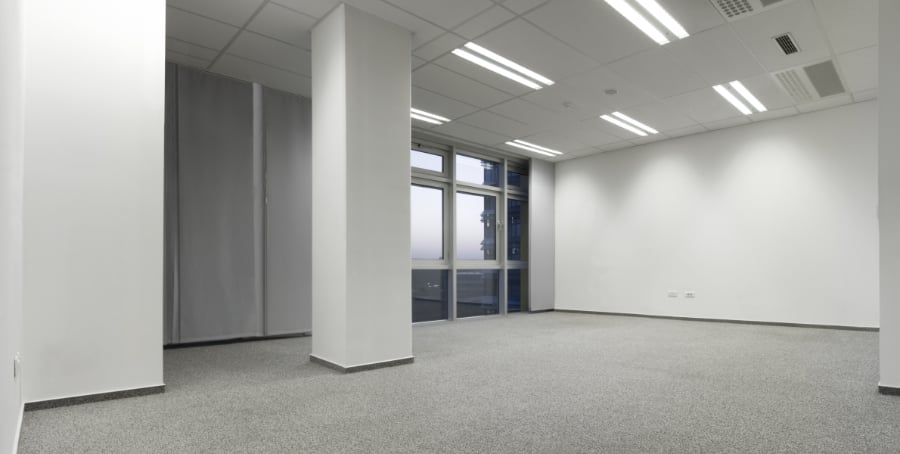Conducting a background check of prospective landlords is an important part of due diligence during the leasing process. A quick Internet search is often enough to reveal unscrupulous business practices on the part of landlords. Unfortunately, even if you take the time to research your landlord before you sign, conflicts may arise during the life of your lease. Knowing what your rights are empowers you in the event of a dispute. Depending on the language of your lease and the laws in place in your state, you may have the following rights:
1. Permitted Use
Permitted use clauses spell out what you are allowed to do in your space. Your landlord can't come to you at any point and demand that you stop doing any activity specifically named in the lease. Before you sign a new lease, read the permitted use clause with your business' future in mind. If you think you may expand your business into a new area, request changes to the permitted use clause to reflect them.
2. Right to Sublease and Assign
Not all commercial leases provide the right to sublease and assign. Having this clause added gives you more flexibility as a tenant. Subleasing means leasing all or part of your space to a new tenant. You continue to be responsible for paying the rent, but have funds coming from the sub-tenant to cover all or part of it. Assigning means turning the lease over to a new tenant and walking away from the lease completely.
3.Equality and Nondiscrimination
Federal laws prevent both residential and commercial tenants from discrimination due to national origin, disability, sex, color, race, religion or familial status. This means a landlord can't turn you away because you or your employees fall into one of these protected classes. In addition, the landlord can't make your rent higher than other tenants' who are not part of your minority group.
4. Habitability
Your landlord must keep the premises in habitable condition. You are likely responsible for paying for repairs within your office space, but your landlord typically must cover the cost of structural repairs needed to keep the building safe for occupancy. If you end up paying for structural repairs, your landlord will likely be required to reimburse you.
5. Trade Fixtures
Improvements that the landlord makes to the office space become their property, but anything that is your property remains such and can be removed when you vacate the space. Make sure your lease spells out what items are considered your business' "trade fixtures" to avoid future problems.
6. Interruption of Business
An interruption of business clause prevents your landlord from interrupting your business' everyday activities to make improvements and repairs that don't need to take place during business hours. In an emergency situation, your landlord would still retain the right to interrupt your daily operations.
7. Renewal Options
Most commercial lease clauses provide some type of renewal option. This protects your business from having to give up your space and move out when the lease expires. Familiarize yourself with the established process. If you don't meet a deadline or provide notification in the correct way, you could lose your right to renew.
8. Notice of Eviction
In the event that you default, your landlord can remove you from the premises; however, your lease will describe the process that they must follow. Normally, the landlord must give you a notice a certain number of days prior to the eviction date. You may be entitled to time to cure or pay the amount owed to avoid eviction.
Getting the right lease terms is important, so make sure you have a tenant rep on your side. Contact us today to learn how we can help!








